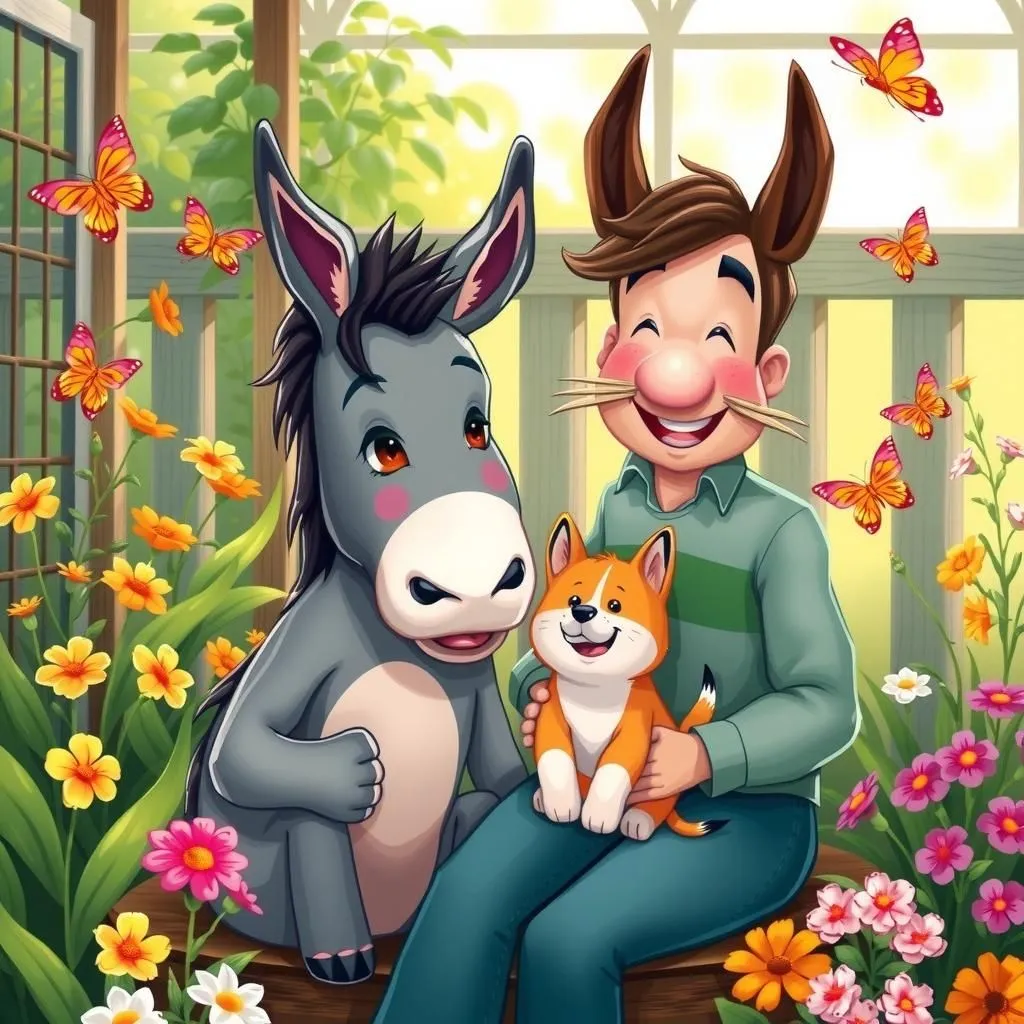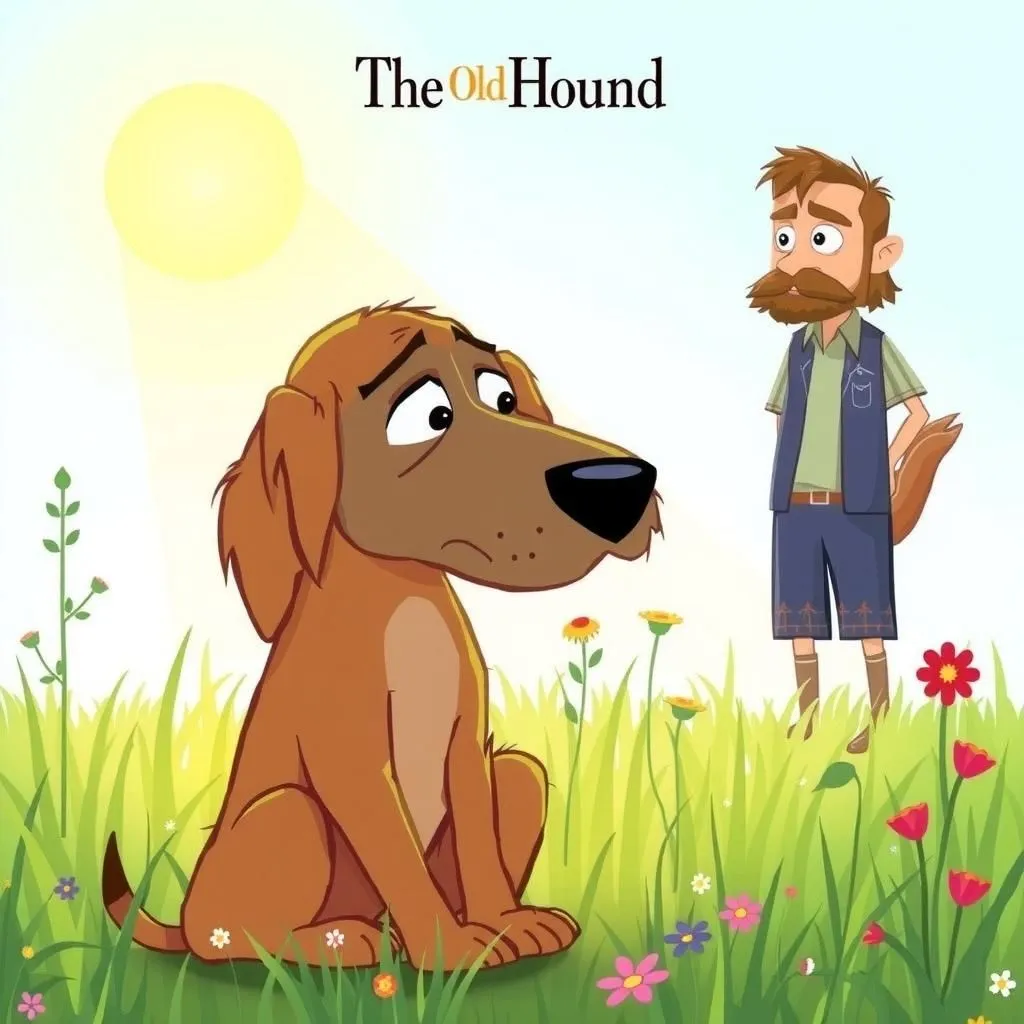
The Poetess of Reform
In "The Poetess of Reform," a determined newcomer named Shade arrives in the Elysian fields, expecting an eternity of honor and glory after her struggles as a poet on Earth. However, instead of the joy she anticipated, she finds herself longing for the gloom of her past, unable to recall her own poems while surrounded by the incessant self-quotations of celebrated writers. This short and sweet moral story highlights the challenges of identity and the search for fulfillment, reminding young readers that true happiness may lie in embracing one’s own journey rather than seeking external validation.


